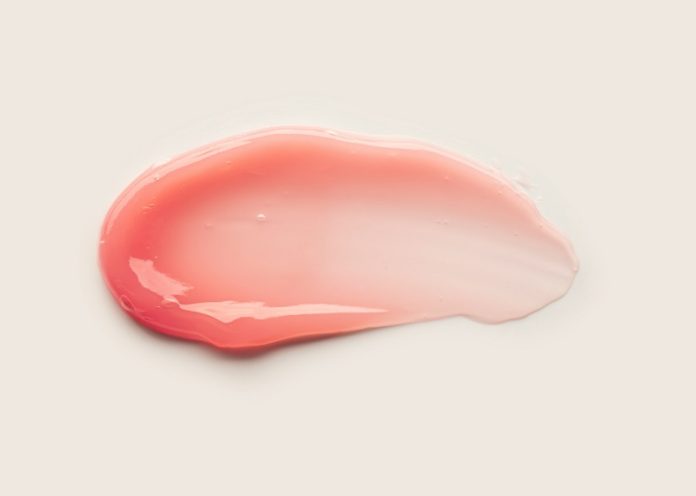
Diabetes, especially type 2 diabetes, is a condition that affects how the body handles sugar.
Over time, high blood sugar levels can harm many parts of the body, including the heart, eyes, kidneys, and nerves. But many people don’t realize that the liver is also strongly affected by diabetes.
Research over the past few decades has shown a close connection between diabetes and liver disease, particularly a condition called non-alcoholic fatty liver disease, or NAFLD.
This means it’s possible for someone with diabetes to have serious liver problems even if they don’t drink alcohol at all.
The liver is a vital organ that helps process nutrients, store energy, and remove toxins from the blood. When someone has type 2 diabetes, their body often produces too much insulin or becomes resistant to insulin. This leads to high levels of sugar and fat in the blood. The liver ends up storing more fat than normal, which can cause fatty liver.
NAFLD is the most common liver problem in people with diabetes. According to a study in The Lancet, about 70% of people with type 2 diabetes also have NAFLD. This makes it one of the most common complications that people don’t often hear about.
Fatty liver may not cause symptoms at first, but over time it can lead to inflammation and damage. This more serious stage is called non-alcoholic steatohepatitis (NASH), which can cause liver scarring, or fibrosis.
If this scarring becomes severe, it can lead to cirrhosis, where the liver stops working properly. Studies show that people with both diabetes and NASH are at higher risk of developing liver failure and even liver cancer.
One reason for this connection is that both conditions share risk factors. Obesity, high cholesterol, high blood pressure, and insulin resistance all contribute to both diabetes and liver problems. When fat builds up in the liver, it triggers inflammation and oxidative stress, which damages liver cells.
At the same time, high blood sugar keeps fueling this damage. A study published in Diabetes Care found that people with poorly controlled blood sugar had faster progression of liver damage than those who kept their blood sugar under control.
The liver also plays a role in blood sugar regulation, which creates a vicious cycle. When the liver is damaged, it can become worse at storing and releasing sugar when the body needs it.
This can make blood sugar harder to control, making diabetes management more difficult. According to research in the Journal of Hepatology, liver health and blood sugar levels are closely linked—improving one can help the other.
Thankfully, there are ways to protect the liver if you have diabetes. Weight loss, even just 5–10% of body weight, can reduce fat in the liver and improve liver function. A Mediterranean-style diet, which includes fruits, vegetables, whole grains, nuts, olive oil, and fish, has been shown to help both blood sugar and liver health.
Regular exercise, especially walking and strength training, can reduce liver fat and improve insulin sensitivity. Some diabetes medications, such as GLP-1 receptor agonists and pioglitazone, have also shown benefits for fatty liver in clinical trials.
In conclusion, diabetes and liver health are deeply connected. Type 2 diabetes significantly increases the risk of developing fatty liver and more serious liver conditions. However, with good blood sugar control, healthy eating, exercise, and regular medical checkups, it is possible to protect the liver and reduce the risk of long-term complications.
Understanding this link is important because it encourages people with diabetes to take care of their liver, not just their blood sugar. The earlier liver issues are identified, the better the chances of stopping or even reversing the damage.
If you care about liver health, please read studies about simple habit that could give you a healthy liver, and common diabetes drug that may reverse liver inflammation.
For more information about health, please see recent studies about simple blood test that could detect your risk of fatty liver disease, and results showing this green diet may strongly lower non-alcoholic fatty liver disease.
Copyright © 2025 Knowridge Science Report. All rights reserved.



